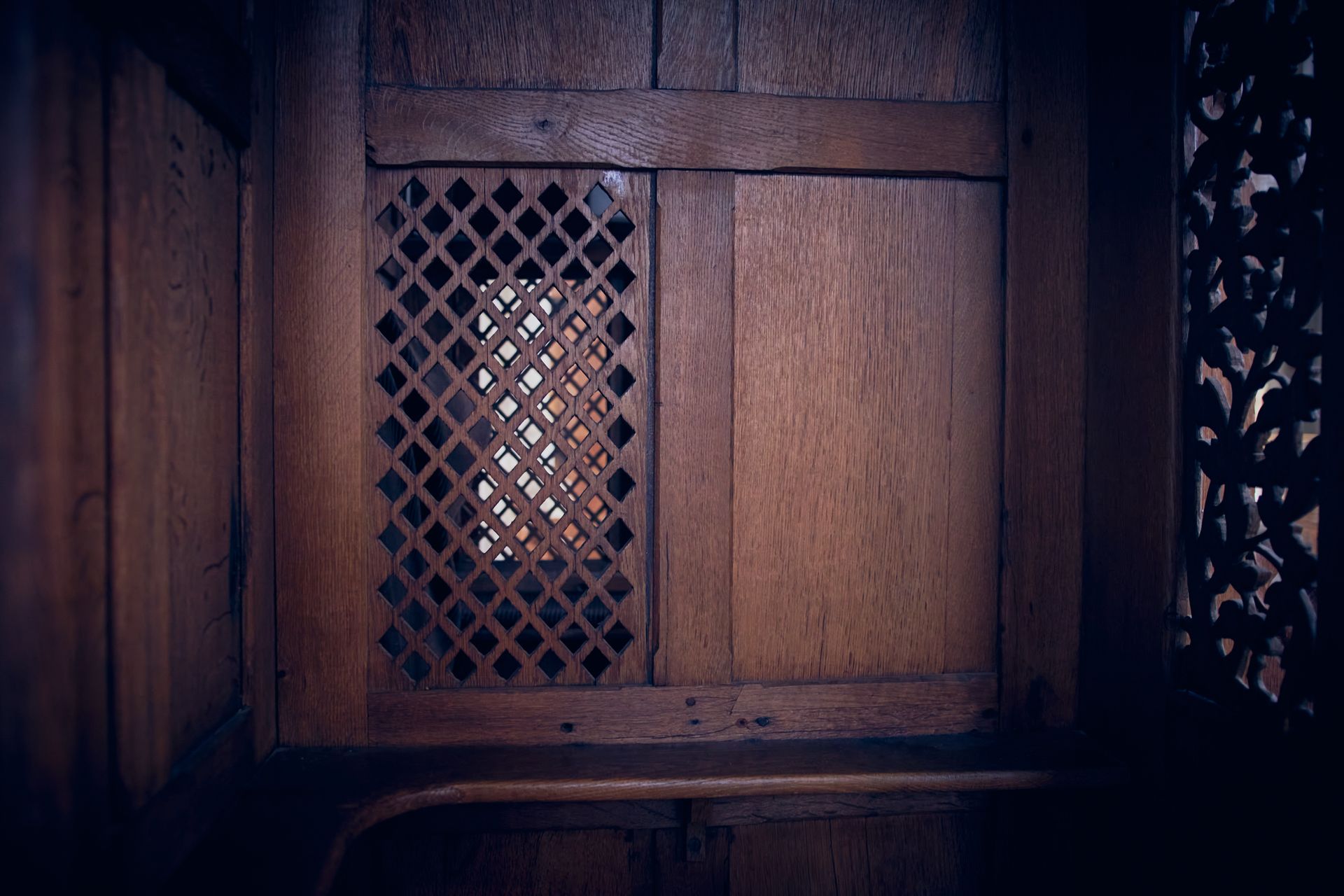What Is Arizona’s Penitent Privilege in Sexual/Child Abuse Cases?

Arizona's penitent privilege is a legal protection that prevents certain confidential communications from being disclosed in court, even if the information would be relevant to a case. Specifically, the privilege applies to communications made in confidence to a clergy member or priest by a penitent seeking religious counseling or advice. This means if someone confesses to perpetrating sexual assault or child abuse during a religious confession, that information is generally protected by the penitent privilege and cannot be used as evidence in court.
However, it's important to note the Penitent Privilege isn’t absolute and there are exceptions. For example, if the person who made the confession later testifies in court about the same information, they may have waived the privilege. Additionally, if there’s evidence that the clergy member was involved in the abuse or acted as an accomplice, they may be required to testify in court.
The Latter-Day Saint Penitent Privilege in Infamous Sex Abuse Case
The controversial law recently received headline attention when the Arizona Supreme Court ruled to uphold the penitent privilege in response to a lawsuit against the church filed by the children and victims of Paul Adams—a Latter-Day Saint Church member from Bisbee who sexually abused his two daughters.
The victims’ attorney argued that had the church’s clergy who knew about the abuse via Adams’ confession reported him to local authorities, he wouldn’t have been able to continually abuse his daughters. The children allege the clergy’s failure to take action caused the girls years of preventable pain, trauma and suffering.
After losing the lawsuit, the attorney appealed the court’s ruling; however, the Supreme Court upheld it, making the decision final. The ruling reiterates that disclosing personal information during a religious confession, no matter how damning it may be, is protected by the state’s penitent privilege.
Who Is Legally Obligated to Report Sex Crimes in Arizona?
In Arizona, various individuals as well as secular and religious organizations are legally obligated to report sex crimes. These individuals are known as "mandated reporters" and include:
- Healthcare professionals, such as doctors, nurses and psychologists
- Teachers, school counselors and school administrators
- Childcare providers, including daycare workers and foster parents
- Law enforcement officers and other public safety officials
- Social workers and probation officers
- Clergy members, except when the information is obtained during a religious confession that is protected by the penitent privilege
Under Arizona law, mandated reporters who fail to report known or suspected sex crimes can face criminal charges and civil liability. Reporting requirements also extend to non-mandated individuals who have a duty to report under certain circumstances, such as if they witness a child being abused or neglected.
What Constitutes a Sex Crime in Arizona?
In Arizona, sex crimes encompass a range of offenses that involve non-consensual sexual conduct, contact or exploitation. Some examples of sex crimes under Arizona law include:
- Sexual assault, which includes non-consensual sexual contact or intercourse
- Sexual conduct with a minor, which includes sexual contact or intercourse with a person under the age of 18 (even if the act is “consensual”)
- Child molestation, which includes sexual contact or conduct with a child under the age of 15
- Sexual exploitation of a minor, which includes producing, distributing or possessing child pornography
- Indecent exposure, which includes exposing one's genitals in public with the intent to arouse or gratify sexual desires
- Prostitution, which involves engaging in sexual acts for money or other goods or services.
These are just a few examples of the sex crimes that can result in criminal charges in Arizona. The severity of the offense and the penalties can vary depending on the specific circumstances of the case, including the age of the victim, the degree of force or coercion used and whether the offense involved a weapon.
If you’ve been accused of a sex crime in Arizona, you should seek the advice of a qualified criminal defense attorney.
Secure Your Sex Crime Defense in Phoenix
If you’re facing sex crime charges in Phoenix, Arizona, it is important to take immediate action to secure a strong legal defense. A sex crime conviction can have devastating consequences, including prison time, fines and mandatory registration as a sex offender. In addition to the legal penalties, a conviction can also have serious personal and professional repercussions, affecting your reputation, employment opportunities and relationships.
Leaving your future and freedom in the hands of a public defender might not be in your best interest. Experienced and accomplished sex crime defense attorney Michael Alarid is ready to protect your rights and build a solid defense on your behalf to help challenge the prosecution’s accusations and charges.
Contact the Law Office of Michael Alarid today to schedule a consultation and start building your defense. Call 602.818.3110.



